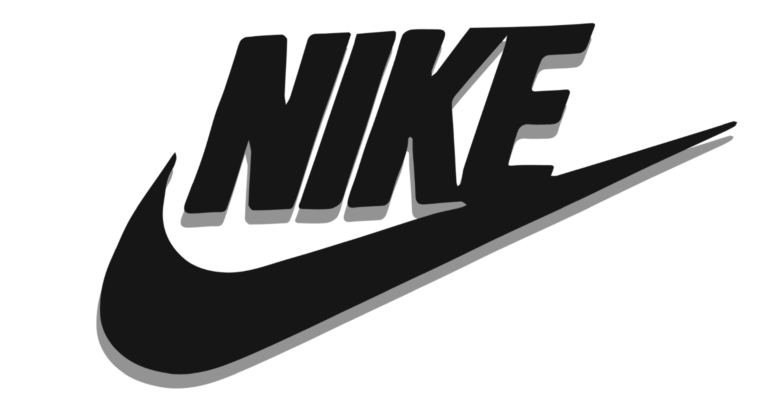Do Web3 Brands Really Need Physical Stores?

The Web3 technology has a physical form. According to a recent tweet, the Solana Foundation now has a physical location in Manhattan’s Hudson Yards. The foundation was founded in Switzerland and promotes network decentralization, growth, and security.
The company provides a private booth where customers may set up a Phantom wallet and secretly enter their seed word to help people get started using Web3.
Visitors can discover more about NFT projects like STEPN, markets like Magic Eden, and Solana’s Web3 mobile phone, Solana Saga, at other locations. The store’s T-shirts, sweatshirts, and hats include several well-known crypto phrases, like “WAGMI,” “not financial advice,” and others. The Degenerate Ape Academy, Solana’s first million-dollar NFT collection, is displayed in the store’s virtual gallery. Solana Spaces should frequently feature the newest products and brand alliances, claims a news release.
Web3 integration in the real world
It might initially appear weird for a Web3 organization to have a physical location. You could almost think of it as distributing Web3 calling cards the size of a brick-and-mortar store. However, there are a lot of advantages to doing so: To begin with, a company’s brand awareness is increased by establishing a physical presence in a well-known area like Manhattan’s Hudson Yards.
Then, non-Web3 users will start using cryptocurrency, and supporters of NFT won’t be concerned or fearful of the technology. After reading about yet another NFT fraud, crypto sceptics find it less stressful and unsettling to enter a well-lit, welcoming, authentic retail setting.
Not that the Solana Foundation is the first organization to do this. In June, the Salvatore Ferragamo Soho Concept store in New York City officially opened its doors.
By accessing a mirror installation within the business, customers might generate one of 256 NFTs. Once they were inside the exhibit, visitors may use a camera to take a picture that would be used to mint an NFT. In that, it seeks to provide customers with something substantial to engage with while continuing to focus on Web3; Solana Spaces is a similar concept, though not identical.
You cannot keep everything entirely digital with Web3. Boosting Web3’s physical interaction with the outside world might hasten the technology’s general adoption. The effectiveness of Solana Spaces is still in question, but physical stores that make Web3 more available to the general public might play an unexpected role in Web3’s uptake.
Utilizing online transactions to connect retail and internet channels
Companies have had difficulty sustaining a consistent client experience. This may incorporate e-commerce, brick-and-mortar stores, and social media since “omnichannel” has emerged as the new catchphrase in the retail sector.
But it turns out that this is much easier than it seems. To address clients’ needs from all walks of life, a few things are required, including the fusion of data across all touchpoints and a cutting-edge IT stack. Even the most well-known retailers have failed to arrange themselves in this regard. Because of this, some companies have created something unique: digital storefronts that seamlessly combine online and offline shopping.
Virtual shopping has changed e-commerce. Using augmented and virtual reality technologies, you can engage with and view 3D-rendered displays and interactions. In real-time, you or your avatar could walk about the company. No need to rearrange the product lists.
Also, read – Web3 is a new approach to engaging your audience
Increased customization potential
Any business that wishes to build customer loyalty must tailor its goods and services. Most clients (80%) prefer to work with companies that offer individualized services. The vast majority (75%) think that “live consumer profiles” can enhance the shopping experience.
It’s typical for e-commerce to add product recommendations or discounts to the personalized experience. Sales may increase as a result of this. The issue is that it discourages buyers from learning more about your company’s surroundings and engaging with the community that surrounds your product catalogue.
Nike acquires @RTFKTstudios. Probably nothing.
Imagine ignoring web3.
— medved (@mattmedved) December 13, 2021
Nike has always been at the forefront of connectivity and innovation in the digital space. It’s not surprising that they were the first company to join the metaverse as a result. For Nike, personalized virtual experiences are a growing area of interest. The business has filed several trademarks for digital apparel and footwear. This suggests that NFTs will soon be available.




























































